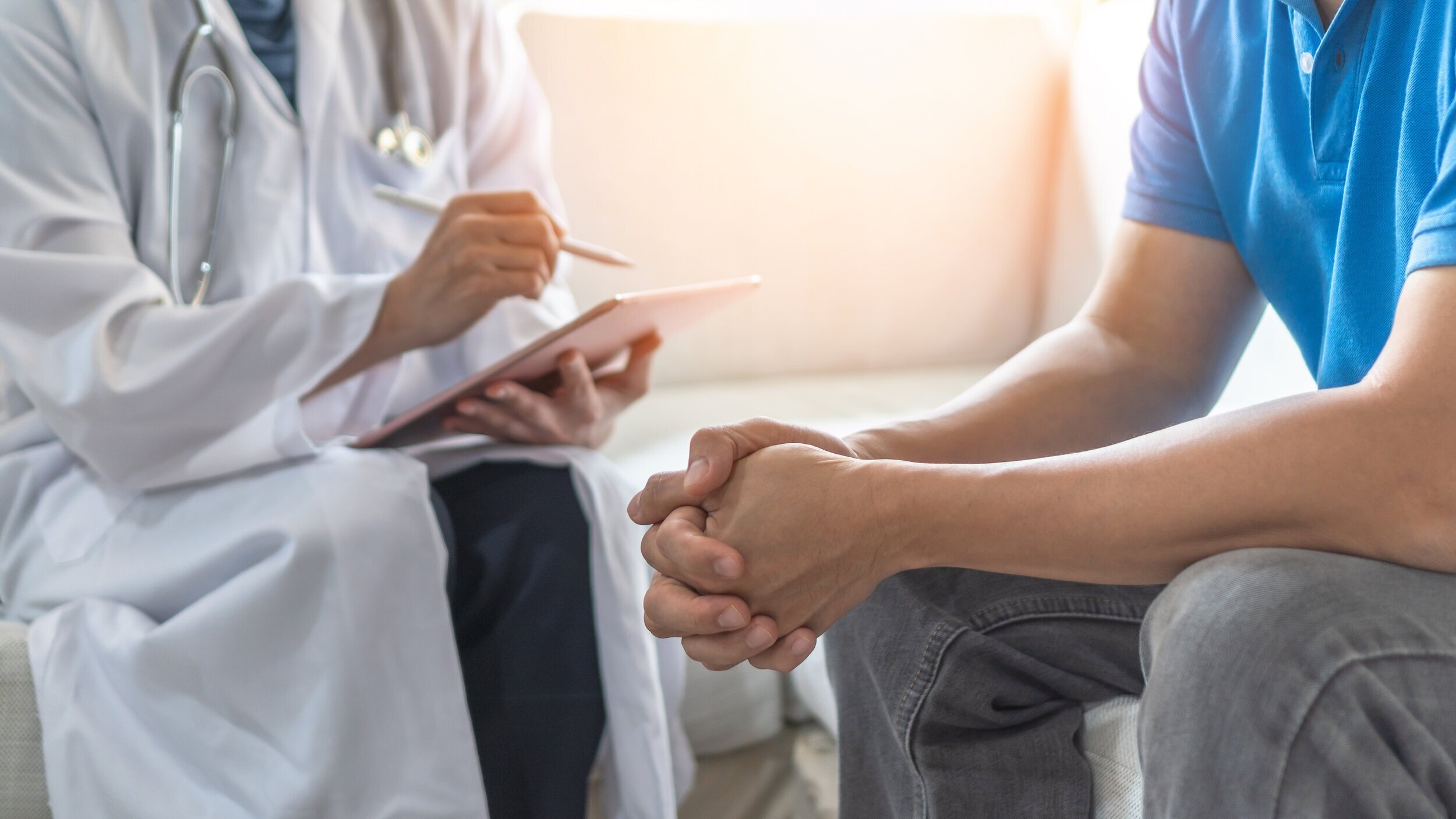
Common Questions about the Coronavirus References from the CDC, American College of physicians, Infectious Disease Society of America and Physician Mom Group Who has over 30,000 members of women physicians from various specialties.
1. How infectious is it?
Corona virus had an RO (Infectious ratio, Less than one being optimal) was 2-2.5 prior to quarantine/social distancing measures. Though interventions (vaccines, behaviors, etc) and other factors (cruise ships, location) will change this number. Higher viral production/shedding make the R0 higher than the flu and SARS.
•MOST contagious BEFORE and during the first week of symptoms!
https://www.sciencenews.org/article/coronavirus-most-contagious-before-during-first-week-symptoms
• Household transmission 3-10% and close contacts 1-5%.
• Illness severity
- About 80% of patients had mild disease.
- About 14% have more severe disease (SOB, symptomatic lung involvement)
- About 6% have critical disease (Organ failure, shock, etc)
•Overall Mortality rate by age - Will significantly change with interventions and additional diagnosis of mild cases!
>80 22%, > 70 8%, >60 3.6%, >50 1.3%, >40 0.4%, 10-39 0.2%
2. How does it spread?
Droplet/fomites. Airborne spread has not been reported in normal situations - can be aerosolized.
3. What’s the incubation period and time to recovery?
• Average incubation 5-6 days (range 1-14)
• From onset to max illness - usually about a week.
• Recovery is about 2 weeks for mild to moderate disease but 3-6 weeks for severe disease.
UPDATE* Additional evidence supporting the 14 day quarantine with avg. 5.1 days exposure to symptoms. https://annals.org/aim/fullarticle/2762808/incubation-period-coronavirus-disease-2019-covid-19-from-publicly-reported
4.Who is it affecting?
• Mostly older patients and those with comorbidities having a more severe course.
• Likely underdetected in younger patients due to the low complication rate in these patients.
5. What are the symptoms?Based on 55,924 lab confirmed cases symptoms were seen as follows:
• Fever (88%)
• Dry cough (67%)
• Fatigue (38%)
• Sputum production (33%)
• Short of breath (18%)
• Sore throat (14%)
• Headache (13%)
• Muscle/joint aches (15%)
• Chills (11%)
• Nausea/vomiting (5%)
• Stuffy nose (5%)
• Diarrhea (4%)
• Coughing up blood (1%)
• Lymphopenia also has been very common in “severe” cases.
6. Immunosuppression? Pregnancy? Kids?
• Immunosuppression is a risk for more severe disease. Specific details for each illness are not currently available.
• Pregnant women do not appear to be at higher risk for severe disease.
• Kids can get and carry. It is usually much milder, for a variety of speculated reasons. Theoretical risk of transmission even if they aren’t showing much for signs.
This article references several studies currently on kids, severity and possible explanations:
www.wired.com/story/kids-can-get-covid-19-they-just-dont-get-that-sick/amp
7. What kills Coronavirus? Surface lifespan?It can likely survive on surfaces for around 9 days - but some strains show longer and temp/humidity matters. Different surfaces have different timeframes. Not currently airborne unless aerosolized - then can survive 3hrs in air. UV light has been effective but it is slower - up to 30 min for effect.
List of things/chemicals that work against Covid19:
https://www.epa.gov/pesticide-registration/list-n-disinfectants-use-against-sars-cov-2
8. Treatment options?Medications: That are currently available at this time, but research is being performed on various medications. Glucocorticosteroids are of limited help with those who have been affected with coronavirus.
• Vaccine Study in Canada Is being worked on, but no vaccine is currently available.
• Public Mitigation
• Quarantine and social distancing are effective.
Please note:
1. This is new and evolving - but most people will be fine.
2. Do what you can with hand hygiene and staying home when sick or exposed. Protect those at highest risk in the same way. #flattenthecurve. Social distancing!
3. Follow the most recent information via reliable sources - WHO, CDC, public health professionals, etc
4. If you think you have been affected or could have the virus, call your local hospital or local health department for help before going to the clinic or ER - unless it is an absolute emergency. They can direct you where to go and what to do to prevent additional exposure to others.
5. If and when a vaccine or treatment become available, seek it.
6. Share the information we know - facts always help!
Resources:
CDC information: https://www.cdc.gov/coronavirus/2019-ncov/index.html
